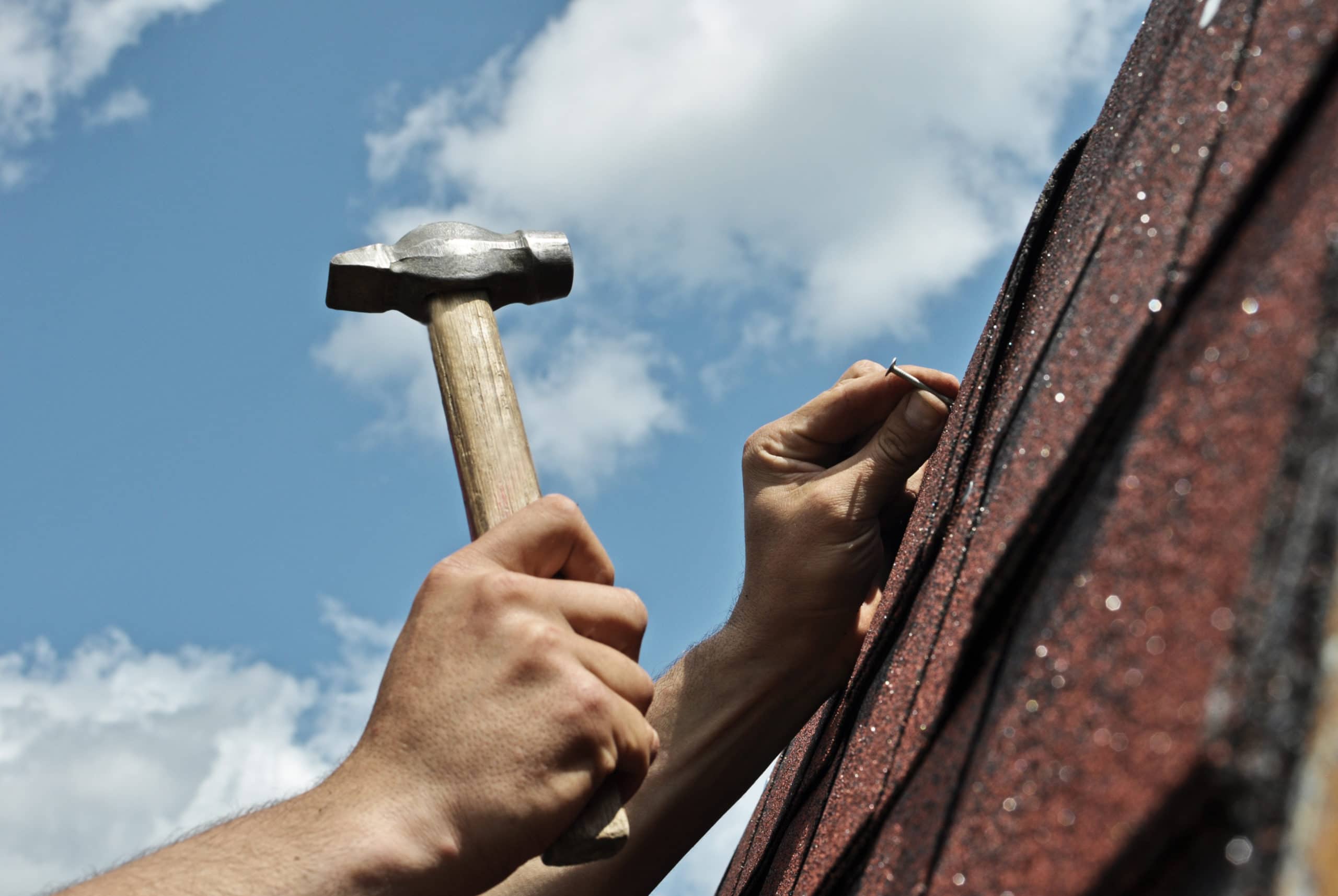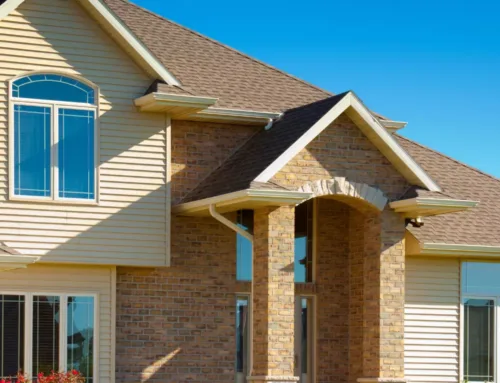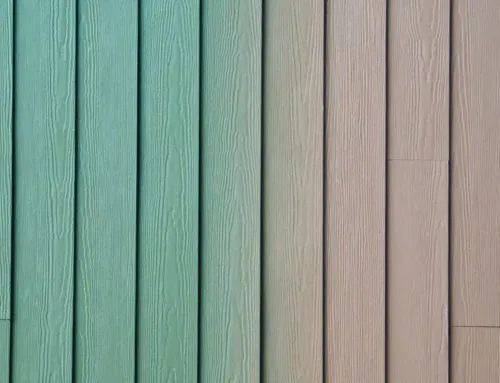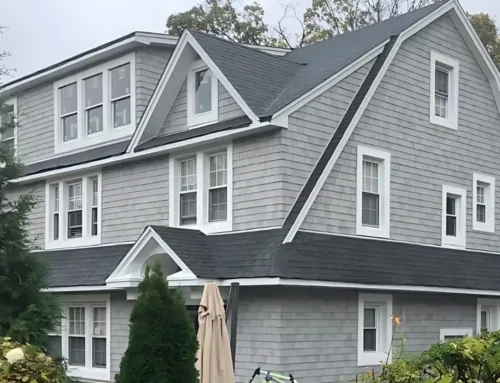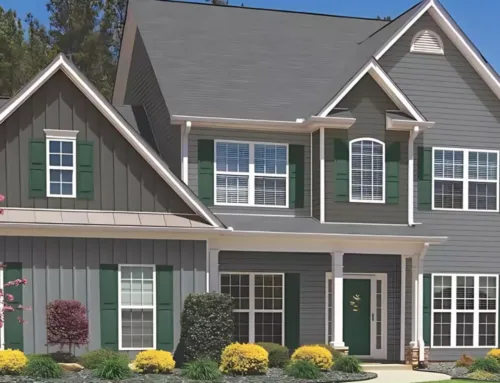Are you dealing with a leaky roof? Sadly this is not only frustrating but it can really interrupt your schedule. If you start to notice a stain on your ceiling during or after a rainstorm recently and then you know that you have to do something about it. If you don’t act quickly, the compounding damage to your home could become even more costly.
The good news is that there are usually common areas that are often the culprits for leaky roofs. We’ve included the most common areas we see at Premier Roofing:
Clogged Gutters:
The purpose of the gutters on your home is to catch rainwater that falls on your roof and re-direct it away from your roof and foundation. Gutters also have a tendency to collect leaves and other debris that clog the gutters and allow water to accumulate on the roof edge. Water that’s clogged in gutters can cause moisture in your roofing system, which leads to rotting and leaking. Clogged gutters are also an easy and typically noticeable thing to see. In order to catch this problem sooner rather than later, you should try and inspect your gutters regularly. Especially during the fall months when leaves are falling and debris is prone to falling in your gutters.
Damaged Shingles or Tiles:
If any of the shingles, tiles or other forms on the roofing are loose, cracked, broken, or missing then this can allow water and moisture to penetrate your roof’s underlayment. Different types of roofing have different life expectancies. Your leaky roof might be a sign that aging materials need to be replaced. It’s best to contact BP Builders to come take a look to see if your roof needs to be repaired or replaced.
Punctures:
Odd things can cause punctures and holes to your roof, including woodpeckers, tree branches, roofing nail heads, and more. Your newly-discovered roof leak could simply be the result of small holes in your roofing material. Depending on the age and condition of your roof, it may be better to repair or replace your roof after a leak has formed from a puncture.
Improperly Installed Flashing:
Metal flashing should be properly installed around chimneys, vents, windows, and around your roofline. The purpose is to prevent water from getting beneath your roofing materials, such as shingles, shakes, or tiles, and rotting the wood beneath them. When it’s missing, damaged, or improperly installed, roof flashing can contribute to leaks. This would be one of the first areas a residential roofing inspector would check after being called out.
Poor Roof Ventilation:
Many homeowners think that your roof needs to be airtight, but in reality, it requires proper ventilation to keep mold and mildew from forming. The proper installation of vents will help prevent roof rot and may extend the life of your roofing materials, but if they are failing, then this could be leading to a roof leak.

